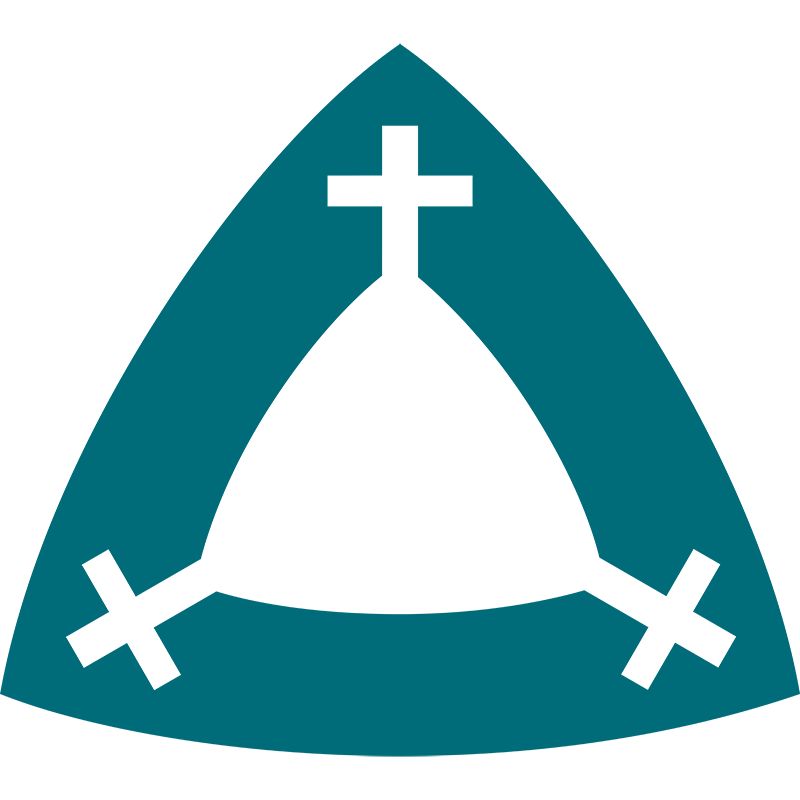Studium ruských dějin a retrospektivní forma jejich výuky jako nástroje poznání nesvobody, despocie a totalitarismu
The study of Russian history and the retrospective form of its teaching
as an instrument of knowledge of oppression, despotism
and totalitarianism
Fulltext (.pdf)
https://doi.org/10.54937/kd.2022.13.Supp.5-52
In: Kultúrne dejiny
ISSN: 1338-2209 (Print)
ISSN: 2989–3313 (Online)
Ročník/ Volume: 13
Číslo/ Issue: Supplement
Strany/ Page Range: 5-52
Rok vydania/ Publication Year: 2022
Jazyk/ Language: Czech
Vydavateľ/ Publisher: VERBUM – vydavateľstvo Katolíckej univerzity v Ružomberku
Abstrakt/ Abstract: This article analyses traditions of Czech historiographic discourse concerning the geopolitical area of Russia and the Soviet Union, focusing especially on those concerning contemporary history (“Zeitgeschichte”). In particular, it draws attention to the recognition of the genesis, transformations and position of the Russian / Soviet state in the sense of revealing the roots and manifestations of oppression, despotism and totalitarianism in the geopolitical area of Russia / the Soviet Union. It also observes the way in which Czech historiography approached phenomena such as the “Russian Empire”, “Soviet Empire”, “Authoritarian Power” and others over the course of decades (and centuries), as well as the thematic and methodological changes it underwent during the process. Concerning the most recent period, it confronts the historiographical view with political science and critically evaluates the absence of certain crucial themes. It notes the absence of Czech works focusing on this time period, as well as the absence of such works being at least partially compensated by translations of foreign production. The study pays special attention to the second half of the 20th century when such research was being deformed and thematically impoverished due to the so-called Marxist-Leninist methodology. It also draws attention to the changes that occurred in the field following the Velvet Revolution and the subsequent political development in Czechoslovakia / the Czech Republic. The possibility of a free choice of topics that occurred after the changes in November 1989 is recognized as especially positive. At the same time, however, the article notes the insufficiency of Czech historiographical focus on the complex history of Russia in the sense of searching for roots and particular manifestations of oppression, despotism and totalitarianism, with special regard to the 20th century and its impact on the present day and the absence of any such topics (not necessarily directly related to oppression, despotism and totalitarianism) on all levels of the education system. A general lack of time and spotlight is identified as one of the reasons, as topics from recent history are usually arranged at the very end the end of teaching cycles. Therefore, at the end of the article, the author proposes to use a retrospective form of teaching that would first acquaint students with current events and, subsequently, gradually pace back to discuss the key events that created that current process.
Kľúčové slová/ Keywords: Czech Historiography, Study of Russian History, Freedom, Teaching of the History, Retrospective Teaching
Citácia/ How to cite:
VLČEK, Radomír, 2022. Studium ruských dějin a retrospektivní forma jejich výuky jako nástroje poznání nesvobody, despocie a totalitarismu. Kultúrne dejiny. Online. Roč. 13, č. Supplement, s. 5-52. ISSN 1338-2209 (Print). ISSN 2989–3313 (Online). Dostupné na: https://doi.org/10.54937/kd.2022.13.Supp.5-52
Toto dielo je publikované pod/ This work is licensed under a Creative Commons Attribution 4.0 International License.


